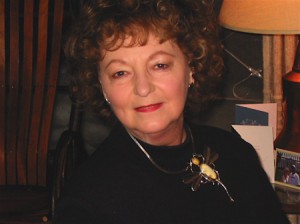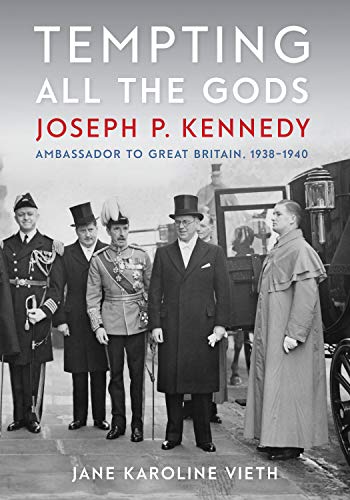
Dr. Jane Vieth was employed by Michigan State University from 1972 until her retirement in 2019. She was a product and an advocate of the land grant (world-grant) tradition in education. Dr. Vieth graduated from The Ohio State University where she earned her B.S., M.A., and Ph.D. degrees. Being a student at OSU is a family tradition. Both of her parents and numerous uncles, aunts, and cousins were proud OSU students as undergraduates and as students in graduate and professional schools.
Dr. Vieth was a professor in the Department of Humanities, University College from 1972-1989, and in the Department of History in the College of Arts and Letters and the College of Social Science from 1989 to 2019. Her passion had always been undergraduate education. She happily and proudly taught thousands of students during her career.
As a professor in the Humanities Department, she taught courses in the Western tradition from the Ancient World, the Medieval and Early Modern Worlds, and the Modern World. These courses combined the history, religion, literature, and art and music of each period within their economic and social context. Students learned to appreciate the sculpture and architecture of ancient Greece and Rome, to enjoy Shakespeare’s plays, and to understand the significance of the Enlightenment and the French Revolution among other topics.
In the History Department, Dr. Vieth taught classes on English/British History, on Anglo-American relations in the interwar period, and on World War II. There, too, she used a humanistic approach combining the history of the period with the cultural and artistic achievements of that period. Students studied the development of the Common Law in England, the Protestant Reformation, the writings of Chaucer, Shakespeare, and Virginia Woolf, the essays of John S. Mill, and the evolution of democracy along with many other topics. Her teaching model was primarily lecture/discussion except for seminars which were primarily discussion. They drew on oral history methods when students interviewed veterans of World War II and their wives to understand thewar’s impact on them.
Her courses were designed to achieve certain educational goals and objectives. These included developing critical thinking; improving writing, reading, and speaking skills; introducing students to a body of information, both factual and interpretative; and understanding the relevance of history to the contemporary experience. Her students learned that the past is never past, and that studying history is lots of fun.
Dr. Vieth is the author of Tempting All the Gods: Joseph P. Kennedy, Ambassador to Great Britain 1938-1940, published in 2021 by Michigan State University Press. It explores the diplomacy of Joseph Kennedy, the “founding father” of the famous Kennedy dynasty, and his controversial performance as ambassador on the eve of America’s entry into World War II. Kennedy’s ambassadorship ended in self-inflicted public disgrace, embarrassment and failure because he could not see the folly and unwisdom of equating his ambitions and fears for his family with those of the nation. Vieth was also the author of articles and chapters on diverse topics like Anglo-American relations, monasticism, conducting oral history interviews with women, and the psychoanalysis of Carl Jung. She gave many papers to professional organizations on these topics. She received numerous grants from the History Department and the college travel fund to support her scholarship and from the John F. Kennedy Library to complete the research for her Kennedy book.
Her next scholarly project may be a book length biography of Father Charles Coughlin, a notorious Roman Catholic priest who was a friend of Kennedy’s and who became a political enemy of President Franklin Roosevelt. Coughlin built the Shrine of the Little Flower, a Roman Catholic Church in Royal Oak, Michigan. He became the first radio demagogue and had a weekly radio show that was tremendously popular and politically influential. But his antisemitism, his flirtation with fascism, and his vehement opposition to Roosevelt as World War II broke out, forced him off the air. The United States Attorney General considered bringing charges of sedition against Coughlin, but he was silenced by his bishop before the charges could be brought.
To her utter amazement, Dr. Vieth finds retirement wonderful. She had previously believed that nothing could be as thrilling as teaching, but she may have been wrong. In retirement she is beholden to no one; she can set her own schedule and pursue or not pursue her interests. She contributes to the cultural and political life of the university, the community, and the state by serving on boards of directors and supporting political activities. Her desire is to make use of whatever talents she has for the greater good.
